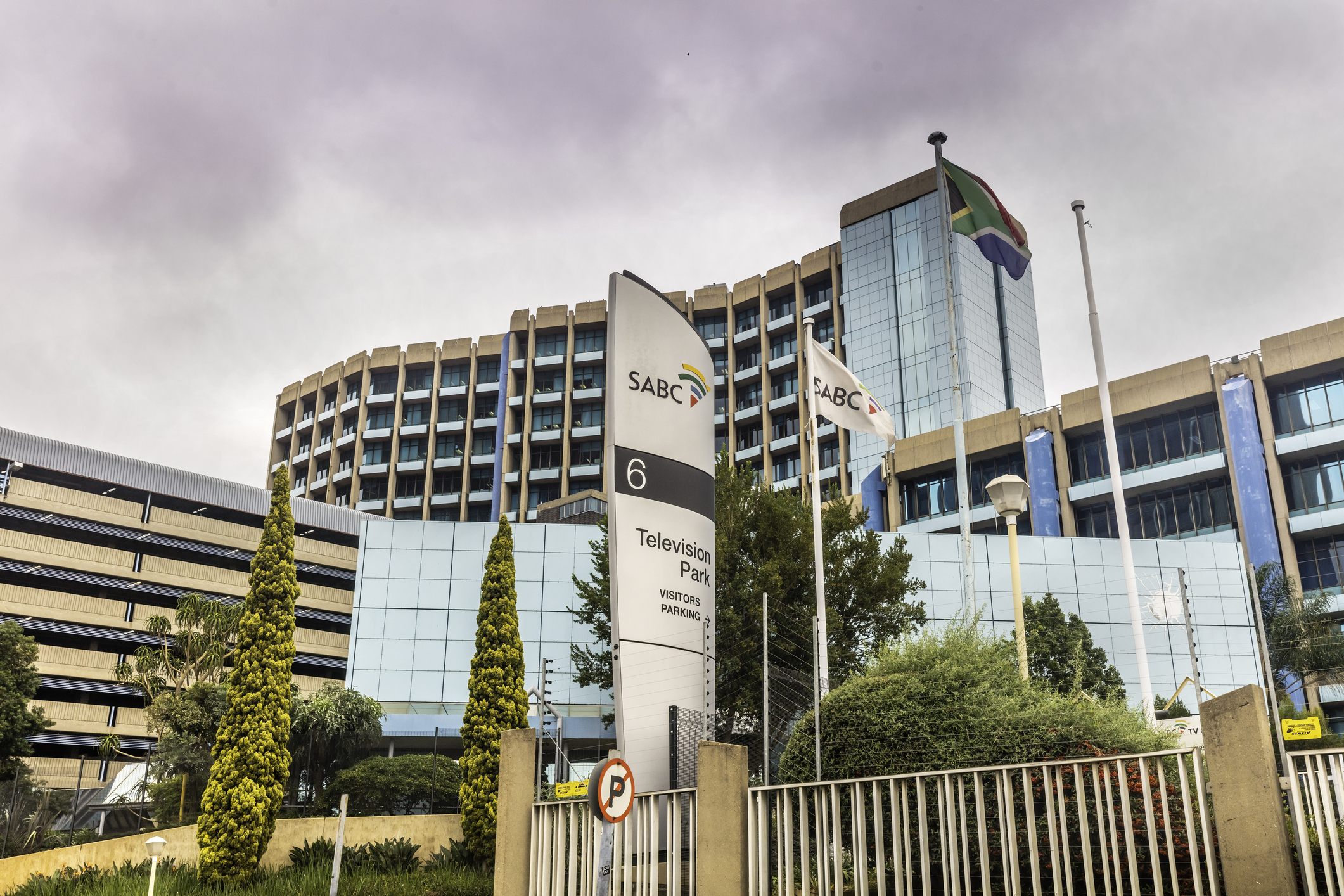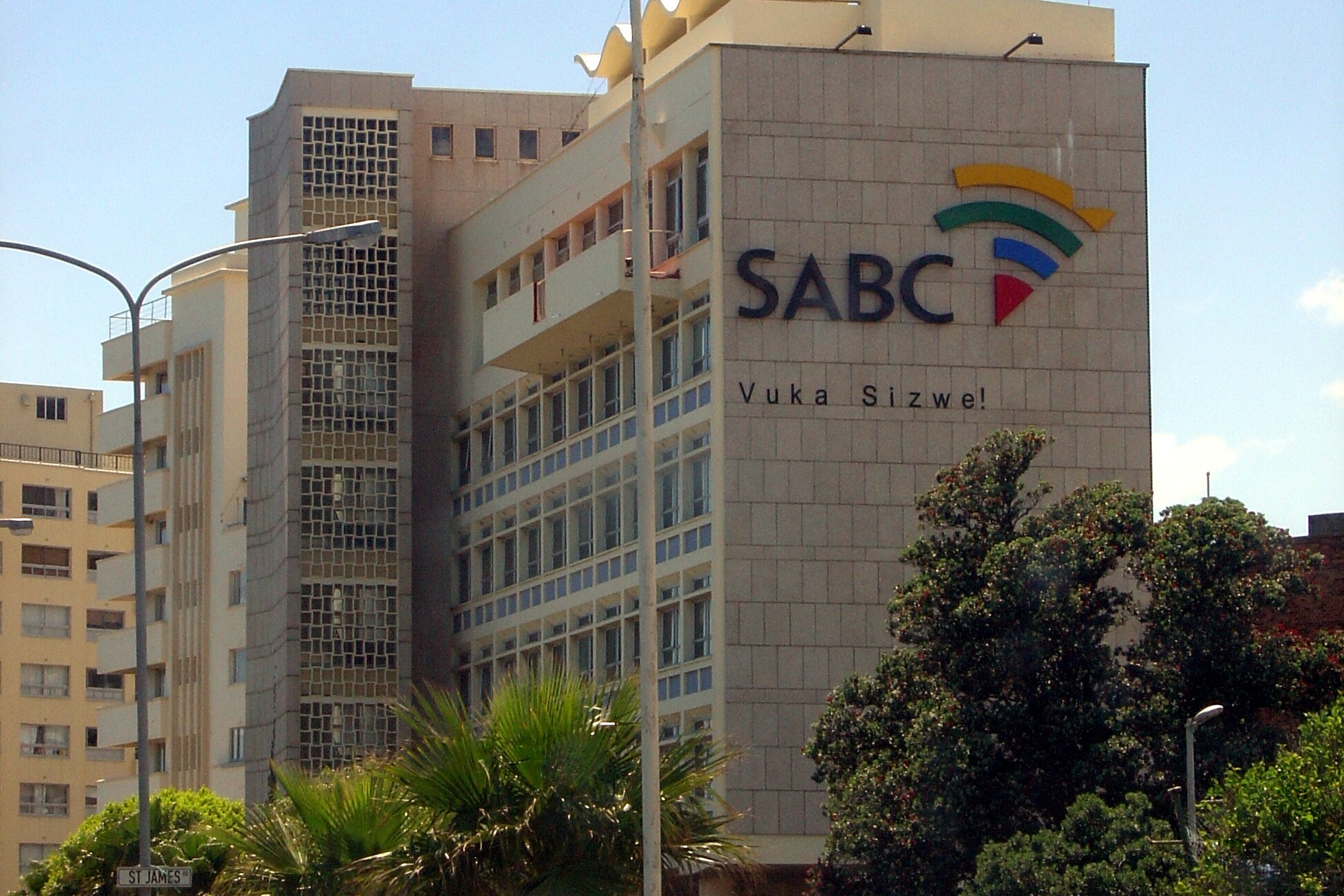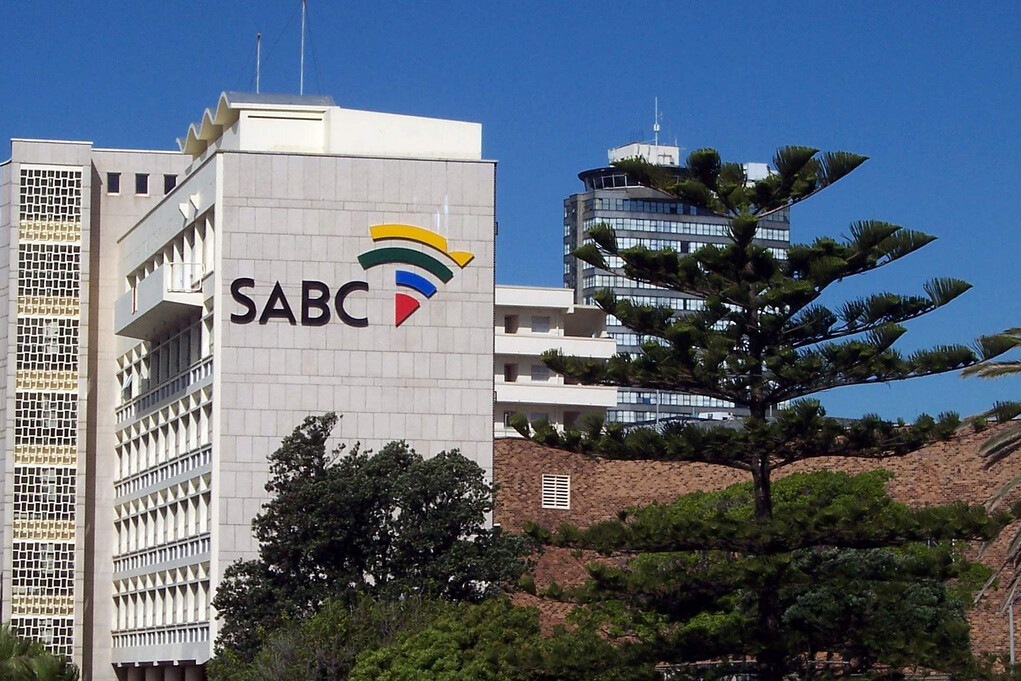South Africa’s public broadcaster confirms that it will follow through with restructuring plans that will result in 400 job losses, and asks the public to contribute to the TV licence debate.
For several months, South Africa’s public broadcaster has engaged in numerous meetings with labour unions and other stakeholders about implementing Section 189 of the Labour Relations Act (LRA) as part of its cost-cutting plans.
In recent years, SABC has faced financial difficulties, having received a government bailout last year to help pay off debts. In May, the broadcaster asked the government for a budget review amid the COVID-19 pandemic, which has taken a toll on its advertising revenue.
On Monday, SABC News reported that it was considering alternative solutions in order to minimise the impact of the retrenchment process on employees. But on Wednesday, the broadcaster published a press release confirming that it was “now ready to implement” the Act.
SABC is facing a difficult but necessary restructuring process. The decision to retrench employees is never the first option and after 16 consultations with all stakeholders, the Section 189 process will commence.
— SABC (@SABCPortal) November 12, 2020
The press release stated that “having exhausted all other options, we are now faced with the difficult task of having to restructure the organisation to ensure its sustainability.”
Initially, SABC’s management team foresaw that around 600 full time employees could be affected by the restructure. In this latest announcement, the public broadcaster has reduced this figure to 400, with intentions to advertise 170 vacancies that retrenched employees will have first priority to apply for. Other cost-cutting measures include “freezing salary increases for three years” and “reducing employee leave days from 35 calendar days to 28 days”.
Madoda Mxakwe, the SABC’s CEO, explained the need for the restructure, stating that:
“An insolvent SABC serves no one, not our employees or our citizens who rely on the SABC for transparent, fair and ethical public broadcasting services. This retrenchment is understandably very challenging for all our stakeholders. However, it is one part of our approved turnaround plan that will help to reposition the SABC to achieve financial sustainability.”
SABC wants to complete the process by the end of the year. Lobby groups are encouraging the public broadcaster to reconsider forging ahead with the retrenchment plans and to find alternative cost-cutting measures. Meanwhile, labour union Bewamu is seeking further legal advice and the Communications Worker Union (CWU) is “threatening legal action”.
Licence fee and Telkom
In other news, SABC have called on the public to submit comments about the future of the country’s TV licence as part of the government’s draft White Paper on Audio and Audio-visual Content Services.
A number of recent reports have suggested that SABC could ask streaming services such as Netflix and Multichoice to contribute to or collect licence fees on behalf of the broadcaster.
While television owners are required to pay their R265 annual licence fee, this has been underpaid, according to William Bird, head of Media Monitoring Africa.
But SABC appears to deny these plans. According to Tech Central, Ian Plaatjes, SABC’s Chief Operating Officer, told the outlet that claims have transpired from “confusion” over a draft White Paper about audio-visual services in South Africa. He explained, “It has nothing to do with the SABC. Certainly, we have not made any statements (about this), nor do we have any aspirations to have Netflix or any streaming company to collect licence fees…”
The broadcaster has also signed a five-year deal with Telkom, a telecommunications provider, to launch a new content streaming service. According to News 24, this is part of the broadcaster’s turnaround strategy to pursue its digitalisation process and maintain relevance in the future. SABC will allegedly receive an annual licence fee from Telkom, although further details for this are yet to be revealed.
Header Image: South African Broadcast Corporation (SABC) Television Park in Auckland Park, Johannesburg. It offers television facilities in Broadcast, Production and Post-production for SABC1, SABC2, SABC3, SABC Encore, SABC Sport, SABC News, SABC Education and all SABC Content in South Africa. Credit: THEGIFT777/iStock
Related Posts
26th August 2020
Insight | SABC has cut its losses and is ahead on a turnaround plan
Work over the past nine months has laid…
11th August 2020
Focus on PSM | SABC facing significant challenges in its 84th year
As South Africa’s public broadcaster…


